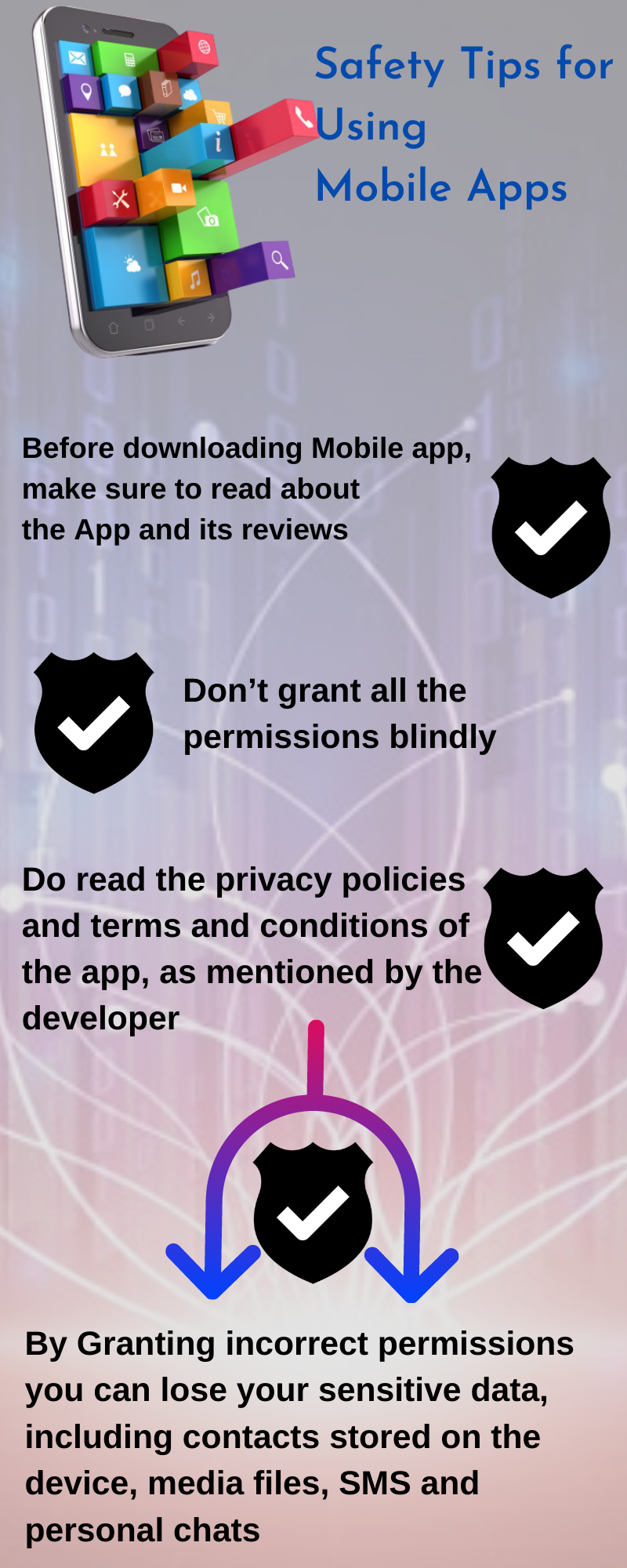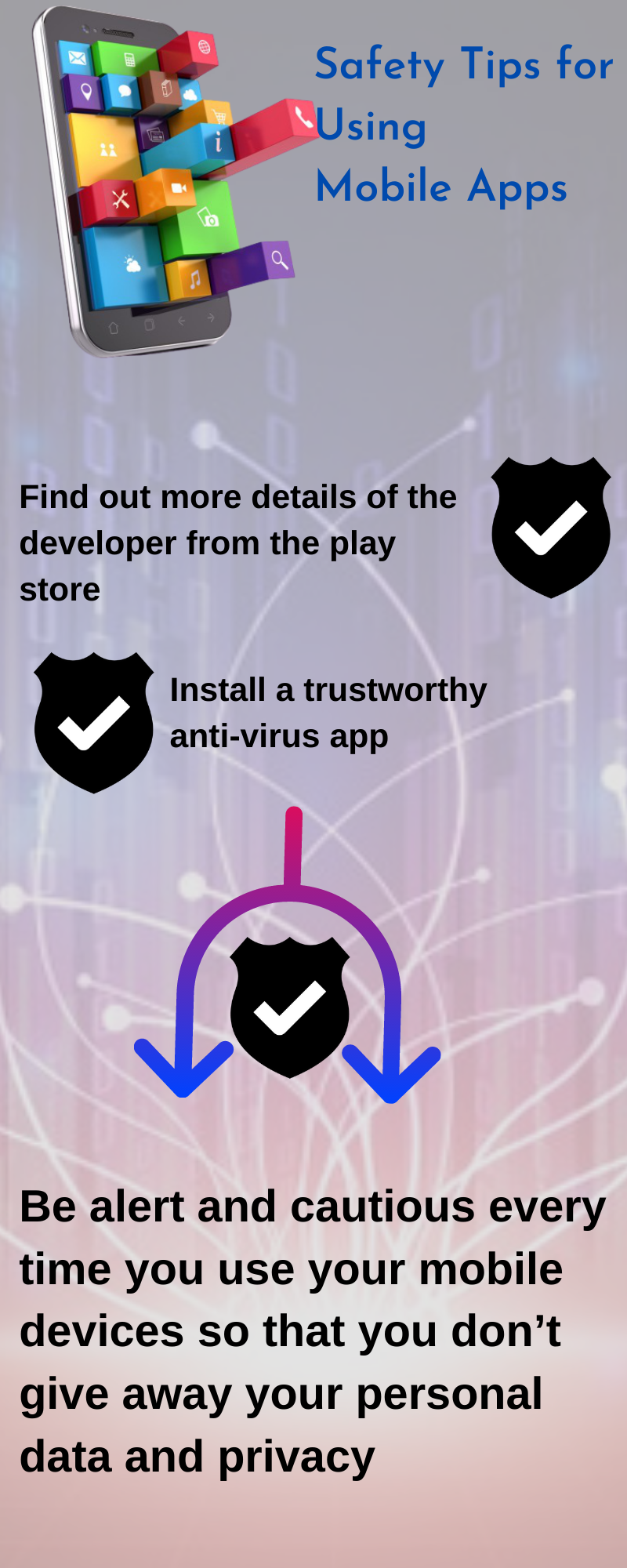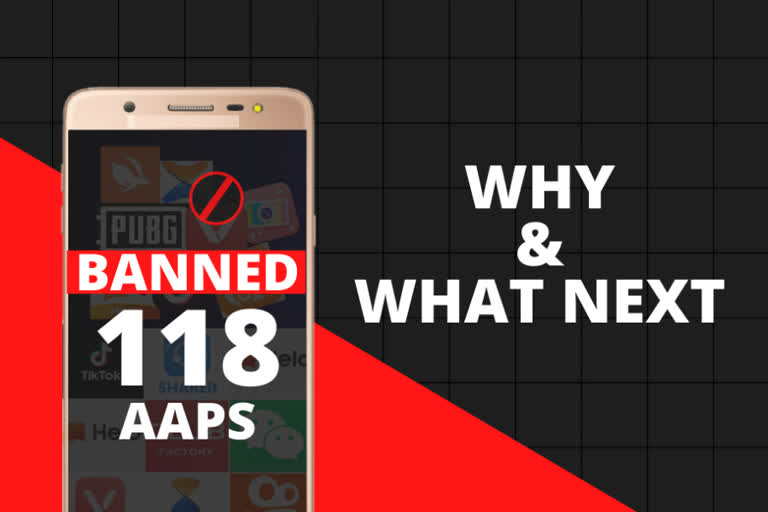Delhi: PUBG Mobile and 117 more Chinese apps have been banned in India under section 69A of the Information Technology Act on account of security threats to the nation. This decision is a targeted move to ensure the safety, security, and sovereignty of Indian cyberspace. It came amid soaring tensions between India and China following their deadliest standoff in the Ladakh region.
The government of India has blocked a lot of gaming, art, video, messaging, and other Chinese apps. The list of banned apps includes PUBG Mobile Nordic Map: Livik, PUBG Mobile Lite, CamCard, Baidu, Cut Cut, VooV, Tencent Weiyun, Rise of Kingdoms, and Zakzak, WeChat Work, and WeChat reading, Ludo World, Cleaner, Alipay, Sina News, VPN for TikTok, Arena of Valour and more are among the banned mobile apps which pose concerns of data privacy. Most of these apps are available on Google Play Store and Apple App Store. But we expect them to be removed soon. There will be no updates or upgrades. In addition, once ISPs and telcos block access to internet protocol (IP) addresses to these Apps, the user will have no option but to stop using them.
To know about the complete list of banned apps, click on the link below:-
Government bans 118 mobile apps including PUBG
Col. Inderjeet explains, " As a matter of fact, whenever you download Apps onto your mobile phones, some permissions are necessary, such as a bank's authentic app may need access to your personal information to ascertain that it is indeed you who is accessing the app. However, as security experts have been pointing out, most apps installed on the device try getting permission for some totally irrelevant function or feature of the handset."
Col. Inderjeet further adds that any mobile app seeking more permissions than it is required is not only dangerous but has the potential to harm the user either financially or through misusing personal data, thus violating user privacy. However, not many users even think twice before granting blanket permissions while installing an app.
- Mainly, do check the access to mobile phone resources sought by all Apps. Permission for mobile phone gives the App access to your phone number, cell network information, call status, voicemail, VoIP, and allows it to read and edit call logs and even redirect calls to another number.
- Any malicious App, if given this permission, could spy on your phone usage behavior and even make calls without your knowledge or approval.
- In India and anywhere across the world, people are not only using Chinese apps but are also using mobile devices from brands with origin in that country. Many of these Chinese phones come bundled with pre-installed apps (known as bloatware) that cannot be uninstalled. At most, the user can disable the app.
- Surprisingly, most of the Chinese Apps surreptitiously seek permissions from the user categorized into nine groups. This includes body sensors, calendar, camera, contacts, location, microphone, phone, SMS, and Storage.
- Permission for phone resources gives App access to your mobile number, cell network information, Location Details, call status, Voicemail, VoIP, and allows it to read and edit call logs, and even redirect calls to another number.
- Any malicious app, if given this permission, could spy on your phone usage behaviour and even make calls without your knowledge or approval. Thereafter they tend to steal data and route it to servers in China which are a major threat to data privacy and security of the country.
A ban on PUBG Mobile was expected ever since the government started banning Chinese apps back in July due to data privacy-related issues. 59 Chinese developed or originated apps that were a big threat to data privacy & security including TikTok, CamScanner, ShareIt, Xender, and more. So the total number of Chinese apps banned lately rounds up to a total of 224 Mobile Apps.
Col. Inderjeet further explains that these mobile apps are found stealing and surreptitiously transmitting users’ data in an unauthorized manner to servers that have locations outside India. Apps raise serious concerns that these Apps collect and share data in a surreptitious manner and compromise personal data and information of users that can have a severe threat to the security of the Country.
Also Read: Deepfakes: The dark side of Artificial Intelligence
The government has stated that these Chinese apps, including PUBG Mobile, are engaged in activities, which is prejudicial to the sovereignty and integrity of India, defense of India, and security of the State and Public Order.
Most of these Chinese apps were gathering user data info in a pretty weird manner, exhibit abnormal behavior, such as detecting other apps or reading and writing user device files, posing a potential security threat to the user's information security and there were possibilities that those data can be shared with the Chinese government which isn’t good for us as Indians. There has been a strong chorus in the public space to take strict action against Apps that harm India’s sovereignty as well as the privacy of our citizens.
Out of the 118 games that have been banned, with PUBG Mobile and PUBG Mobile Lite standing out in the list. PUBG Mobile recently reached $3 Billion in lifetime revenue with 734 million downloads. PUBG Mobile is a famous mobile gaming App in India, has 175 million download and more than 40 million monthly active users, that is 24 percent of the total installs worldwide, according to a report by Sensor Tower.
It even garnered more installs than what it received from China, which has 16.7 percent share in its total installs. PUBG game has plenty of gamers, streamers having active income with playing PUBG, or streaming it. Many YouTubers earn by streaming this battle royale game.
Also Read: Coronavirus Pandemic replacing Finger Biometrics with Voice and Facial Biometrics
Users of this game increased rapidly during the lockdown. This game was included in the top 5 on Google Play Store. According to a report, 60 million people downloaded PUBG Mobile in the first quarter of 2020. PUBG Mobile and PUBG Mobile Lite will be de-listed from the Play Store and App Store in the country over the coming days, and users will be unable to play either game - even while using a VPN. Though PUBG tried everything to not get banned, recently PUBG mobile changed their overview in play store in the Hindi language.
PUBG has also been under the radar for a while. Earlier also, it was in news and in discussions related to mental health and psychological impacts of the game on our youngsters. Several states had also banned it temporarily on accounts of its addictive nature. However, this time it has been in news on accounts of data security and data privacy concerns. While the desktop version of the game is made by South Korea's Bluehole, the mobile game is developed by Tencent Games. As the majority of its shares are held by a Chinese company named Tencent, thus, it might not be safe in terms of data to access the App in India. Tencent Games is the video game publishing division of Tencent Interactive Entertainment, which, in turn, is the division of Chinese conglomerate Tencent Holdings.
Chinese Mobile apps are the challenge when it comes to user data and privacy abuse, and they need to be quickly addressed.


You can follow Col. Inderjeet on twitter @inderbarara, insta:inderbarara
Also Read: Dealing with Deepfakes and FakeNews



